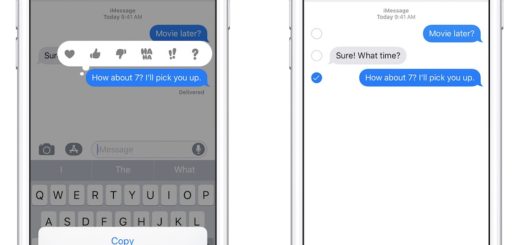UK promises 11,000 iPads for care homes

While seemingly unable to deliver an effective test, track and trace scheme, the UK government says it is distributing over 11,000 iPads to care homes, providing a way to stay in touch with elderly residents if they become ill or when the next lockdown begins.
Stay safe, stay in contact
There’s no doubt that iPads, iPhones and other devices have been seeing a great deal of use to help keep families and communities together in recent months. There is also no doubt at all that the virus has exposed the depth of the digital divide, with some countries and communities benefiting from better infrastructure.
In India, for example, despite a national lockdown one-third of tech industry workers still needed to attend work because internet was not available to them, and their employer’s global client base needed them to maintain the work they do.
The digital divide
Where I live, local food banks and community organizations have been appealing for old tech kit in order to distribute this across people in the area who lack access to such kit, were isolated, or just needed tools to stay in contact with family. There are numerous stories of people who have had to say their last goodbye to loved ones using these devices.
That’s why this particular UK government decision makes a degree of sense, though just two iPads will be provided to each care home, reports suggest. They are prioritised to homes that don’t have enough modern devices or struggle with Internet connectivity.
Each tablet will be ready-to-use out of the box and have a 12-month support package and data-enabled SIM cards for care homes that do not have Wi-Fi access.
It’s a sign of the times
The iPads will be used to maintain contact, and to provide virtual health services to care home residents.
This follows instances in the U.S. in which health care providers have begun to use these devices to handle an increasing quantity of contact between patients and staff, enabling locked down people to remain as socially distant as possible. In some hospitals, doctors use these devices to visit sick residents, as doing so limits the chance for accidental spread of the disease across multiple patients.
Many providers, including Jamf, not offer workflows to enable the digitization of healthcare.
At the same time, in the absence of international unity around coronavirus response, or any sense of urgency in some government responses, it’s still a drop in the ocean of emergency resilience and response.
Please follow me on Twitter, or join me in the AppleHolic’s bar & grill and Apple Discussions groups on MeWe.




